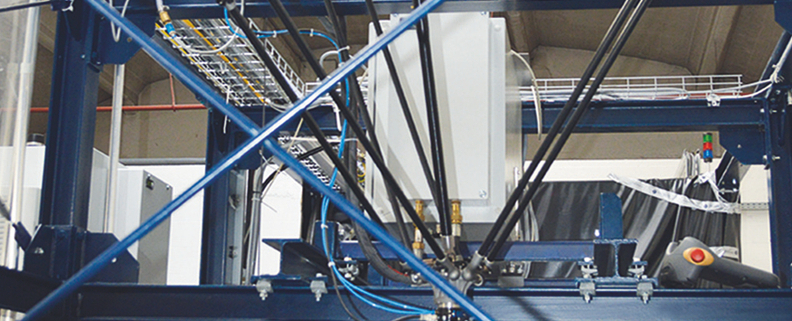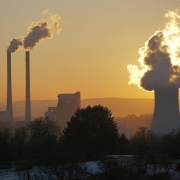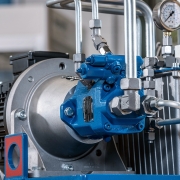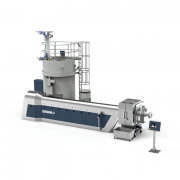Laser-based Sensor Technology for Recycling Metals
In order to help the industry have greater access to raw materials, the German partners – Fraunhofer Institute for Laser Technology ILT and Cronimet Ferroleg. GmbH – have jointly developed a laser-based sorting process for metal scrap.
The sensor they have developed as part of the “PLUS” project (PLUS = Pilot plant for laser-based sorting of special alloys) makes the recycling of metallic raw materials many times more efficient than previously possible, a press release said. The EU project “REVaMP” (Retrofitting Equipment for Efficient Use of Variable Feedstock in Metal Making Processes) would go a step further: In this project, Fraunhofer ILT experts have also been contributing their expertise in the field of materials analysis at the European level since January 2020.
As reported, the global demand for metallic raw materials such as chromium, nickel, copper and cobalt is rising. These metals are becoming increasingly scarce commodities. “Since there is a shortage of mineral resources, recycling raw materials plays a decisive role in curbing the shortage and is the most important source of metallic raw materials in Germany and Europe,” Fraunhofer ILT wrote. There are clear advantages of recycling. However, the crux of the matter is that both the price and availability of metal scrap and its recycling rate hinge on numerous mutually dependent factors. “These include fluctuating prices on the primary market, the life cycle of products and their collection rate, losses in the process, technical recyclability and the value of the alloy in question. The global markets are correspondingly volatile. If the price of primary metals rises, the availability of scrap falls, and vice versa. This entails high risks for companies.”
Greater yield thanks to lasers
Against this backdrop, Fraunhofer ILT – together with Cronimet Ferroleg. GmbH – has developed the mentioned laser-based sorting process. The sensor technology – created as part of the PLUS project funded by the German Federal Ministry of Education and Research (BMBF) – “makes the detection and sorting of alloys in metal scrap much faster and more accurate”. In 2020, the pilot plant was put into operation at the Cronimet-Ferroleg. site in Karlsruhe and has performed remarkably well, the information underlined. Among other things, it is designed to process high-speed steels (HSS).
“HSS tools contain valuable alloying elements such as cobalt and can be found in any hardware store. For example, in drills or milling heads,” Dr. Cord Fricke-Begemann is quoted, who is responsible for materials analysis at Fraunhofer ILT. According to the information, common processes are limited to the laborious manual measurement of a few alloys. On the other hand, laser-induced breakdown spectroscopy (LIBS), used in PLUS, is a technology that can identify more than 20 special alloys even in small scrap parts – automatically, quickly and without contact. “In a very short amount of time, we can process more scrap and achieve higher grade purity,” Fricke-Begemann is convinced. “In this way, we are building an important bridge between research and industry.”
As part of the EU project “Retrofitting Equipment for Efficient Use of Variable Feedstock in Metal Making Processes” (REVaMP), which was launched in 2020, Fraunhofer ILT is contributing its expertise at the European level. The project, which is scheduled to run for three and a half years, is supported by an international alliance of companies and research institutes from Spain, Poland and Germany. The goal is to put the knowledge gathered in the PLUS project on a universal basis, regardless of the alloys involved. “We want to build a sensor that can be installed in existing industrial plants to make the recycling process fundamentally more efficient,” Fricke-Begemann said.
What are the composition and properties of the alloys to be recycled? How much lead does the delivered material contain? When does a material become molten, and how much energy needs to be added? These questions are the focus of REVaMP and are to be answered more precisely in the future.
If successful, this would be a significant contribution to making Europe more independent of the global raw materials markets – and to decisively improving the resource efficiency of its companies.
(Published in GLOBAL RECYCLING Magazine 2/2021, Page 44, Photo: Cronimet Ferroleg. GmbH, Karlsruhe, Germany)








